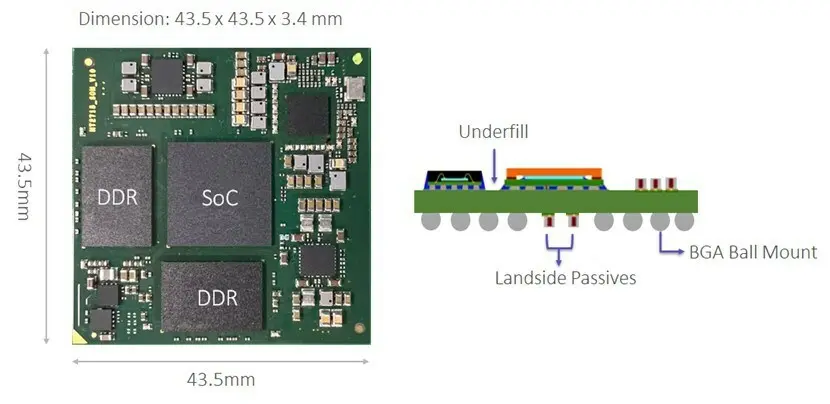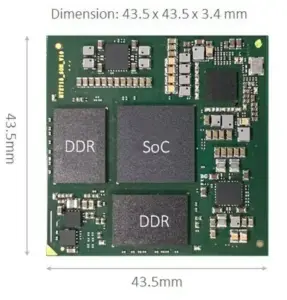With the rise of electric vehicles and advanced driver-assistance systems, the automotive industry is undergoing a rapid transformation towards smart driving. To enhance performance and passenger experience, automakers are incorporating cutting-edge electronic devices and technologies into their vehicles, particularly in the development of smart cockpit systems. USI, in collaboration with multiple automotive SoC solution providers, is leveraging its expertise in system-in-package (SiP) and system-on-module (SoM) modules to accelerate the development of these advanced systems.

Modern smart cockpit systems have expanded their functionalities beyond basic infotainment features like CD players, USB, and Bluetooth connectivity. They now offer a wide array of rich features such as passenger entertainment displays, panoramic assistance displays, heads-up displays, digital instrument clusters, driver and passenger detection, voice-controlled temperature adjustment, voice-controlled music playback, and message transmission. These advancements provide drivers with a luxurious cockpit experience akin to that of an aircraft, enhancing comfort, improving handling performance, and reducing driver fatigue.
Smart cockpit systems are constantly evolving to incorporate trends in artificial intelligence (AI) assistance, advanced connectivity (C-V2X), advanced driver-assistance systems (ADAS), and software-defined vehicles (SDV). These trends drive the development of smart cockpit systems in various application scenarios, including:
- Intelligent Human-Machine Interface: While touchscreen interfaces are currently prevalent, future smart cockpits may gradually replace physical touchscreens with advanced voice control, gesture control, and even eye-tracking control, thanks to the integration of AI assistance.
- Diversified Cabin Functions: The smart cockpit of the future will integrate fully autonomous driving technology and serve as a versatile hub for office work, meetings, multimedia entertainment, and other activities, providing a comprehensive in-vehicle experience for both drivers and passengers.
To meet the increasing market demand for system-on-chips (SoCs) and electronic components, USI employs advanced under-fill, BGA mounting, embedded passive components, and high-density SMT process technology in the development of its automotive compute modules. These modules, which include essential control components like SoCs, DDR, and PMICs, are independent of the mainboard, reducing its footprint and improving computational performance, processing speed, and power distribution network efficiency. This modular design approach allows carmakers to focus on mainboard development, saving time and reducing research and development costs. Additionally, automotive compute modules enable cost reduction and facilitate the implementation of high-density PCB designs within smaller module areas.

